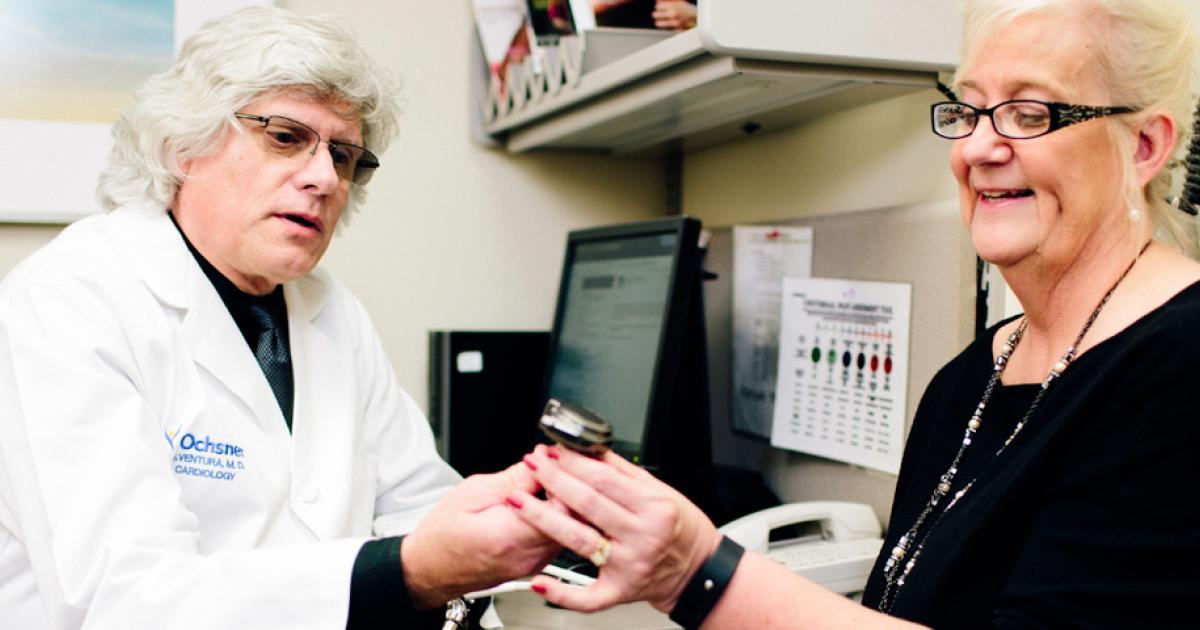
Ochsner Health System announced it will deliver remote monitoring service for patients with cardiac implants will be utilized in the throughout Louisiana, Arkansas, Mississippi, Alabama, and Georgia. The provider has signed an agreement with Geneva Health Solutions (GHS), a device data management platform and remote monitoring service for implantable cardiac devices to provide the service. The GHS system will drive full automated scheduling and reporting in collaboration with Ochsner’s Epic EHR.
Aggregate Cardiac Device Data
Millions of Americans have implanted cardiac devices. Patients with these devices, such as pacemakers, defibrillators and loop recorders, transmit critical cardiac data from their implanted device from the comfort of their homes to the provider via the cloud. These transmissions allow providers to monitor their patients proactively for both routine device follow-up and alerts regarding device issues or clinical events, like atrial fibrillation and other indicators of heart failure. The platform aggregates cardiac device data from all major device manufacturers’ remote monitoring portal, in-office checks, and ER visits. The GHS remote monitoring service helps providers manage the incoming data in an outpatient setting.
“Ochsner is committed to investing in patient-centric technology and are confident that partnering with Geneva Health Solutions will further enhance what we are able to offer our patient and coordinated care team through our electronic medical records platform, Epic. Ochsner’s investment in and enthusiasm for technology offers our patients enhanced coordination of care, convenience and better results,” said Todd Mule, Vice President, Cardiology Service Line, Ochsner Health System
Founded by a team of cardiologists and technologists, Geneva Health Solutions transforms cardiac device data into actionable information to improve clinical workflow and patient care for cardiology practices across the country. Today, GHS’s service and the platform is being used in over 60 cardiology practices nationwide, improving workflow for physicians and staff, increasing patient compliance, identifying issues about patient’s devices or critical cardiac conditions in advance, and helping reduce costs from hospitalizations.
Image credit: Oschner
